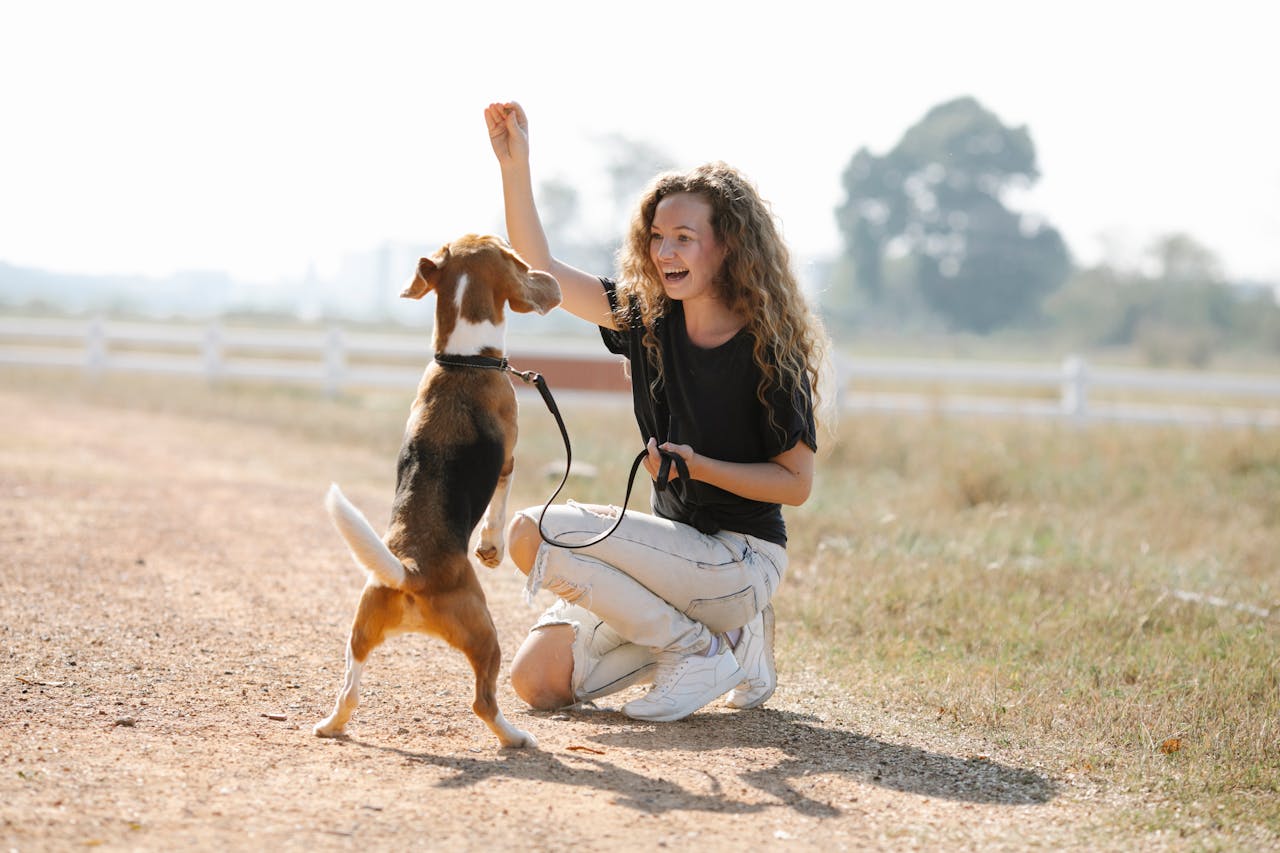
Choosing the right dog trainer is a critical decision for every pet owner committed to ensuring their furry friend’s well-being and happiness. A good trainer can strengthen the bond between you and your dog, improve communication, and resolve behavioral issues, making your cohabitation more harmonious and enjoyable. This article outlines essential considerations and steps to help you select the perfect dog trainer. Sniff Street is a great place to start in educating yourself about your furry friend. They cover health, environment, training, and more.
Understanding Different Training Methods
Before diving into the search for a trainer, familiarise yourself with the main dog training philosophies. The most common methods include positive reinforcement, clicker training, electronic training, dominance-based training, and balanced training techniques. Positive reinforcement, which rewards good behavior with treats, praise, or play, is widely supported by veterinarians and animal behaviorists for its effectiveness and humane approach.
Identifying Your Training Goals
Clarify what you hope to achieve through training. Are you looking to address basic obedience, solve specific behavioral issues, or engage in advanced training for sports or service work? Your goals will influence the type of trainer you need. Some trainers specialise in certain areas, such as aggression, while others might focus more on puppy basics or agility training.
Researching Potential Trainers
Seek Recommendations
Start by asking for recommendations from your veterinarian, local animal shelters, or friends who have undergone training with their pets. Personal experiences can provide invaluable insights into a trainer’s methods, demeanor, and effectiveness.
Check Certifications and Qualifications
Look for trainers with certifications from reputable organisations such as the Certification Council for Professional Dog Trainers (CCPDT) or the International Association of Animal Behavior Consultants (IAABC). While certification is not mandatory, it indicates a commitment to professional standards and continued education.
Experience Matters
Consider the trainer’s experience, especially with your breed or the specific issues you’re facing. Ask about their background, how long they’ve been training dogs, and if they have experience with cases similar to yours.
Evaluating Training Philosophies and Methods
Observe a Class
Many trainers will allow you to observe a class without your dog. This is a great opportunity to see their training methods in action, how they interact with dogs and owners, and whether their style aligns with your expectations.
Ask Questions
Prepare a list of questions to ask potential trainers. Inquire about their training philosophy, techniques, and how they address unwanted behaviors. Ask how they tailor their approach to each dog’s individual needs and temperament.
Assess Communication and Interpersonal Skills
The right trainer should not only be good with dogs but also with people. Effective communication and the ability to instruct and provide feedback to owners are crucial qualities. You and your dog should feel comfortable and supported throughout the training process.
Considering the Logistics
Location and Schedule
Practical considerations such as the location of the training sessions and their schedule are important. Ensure that the trainer’s availability aligns with yours and that the location is convenient for regular attendance.
Group Versus Private Sessions
Decide whether you prefer group classes, which are excellent for socialisation, or private sessions, which provide individualised attention. Some trainers offer a combination of both, which can be beneficial for addressing both general obedience and specific behavioral issues.
Reviewing Success Stories and Testimonials
Look for testimonials and before-and-after stories on trainers’ websites or social media pages. These can provide insights into their success rates and the experiences of previous clients. Don’t hesitate to ask for references you can contact directly.
Understanding the Cost
Training costs can vary widely based on the trainer’s experience, the type of training, and the class size. While it might be tempting to choose the least expensive option, consider the value of the training you’re receiving. Investing in quality training can save time and money in the long run by effectively addressing your dog’s needs.
Making Your Decision
After gathering information and considering your options, trust your instincts. The right trainer should make you feel confident and comfortable, and you should have a clear understanding of their methods and expectations. Remember, the goal is to enhance your relationship with your dog and improve their behavior through positive, effective training techniques.
Conclusion
Choosing the right dog trainer is a significant step toward a happier and more harmonious life with your pet. By thoroughly researching and considering your options, you can find a trainer who meets your needs and aligns with your values. A good trainer will not only improve your dog’s behavior but will also deepen your bond and understanding of each other, making every moment with your furry friend even more rewarding.
